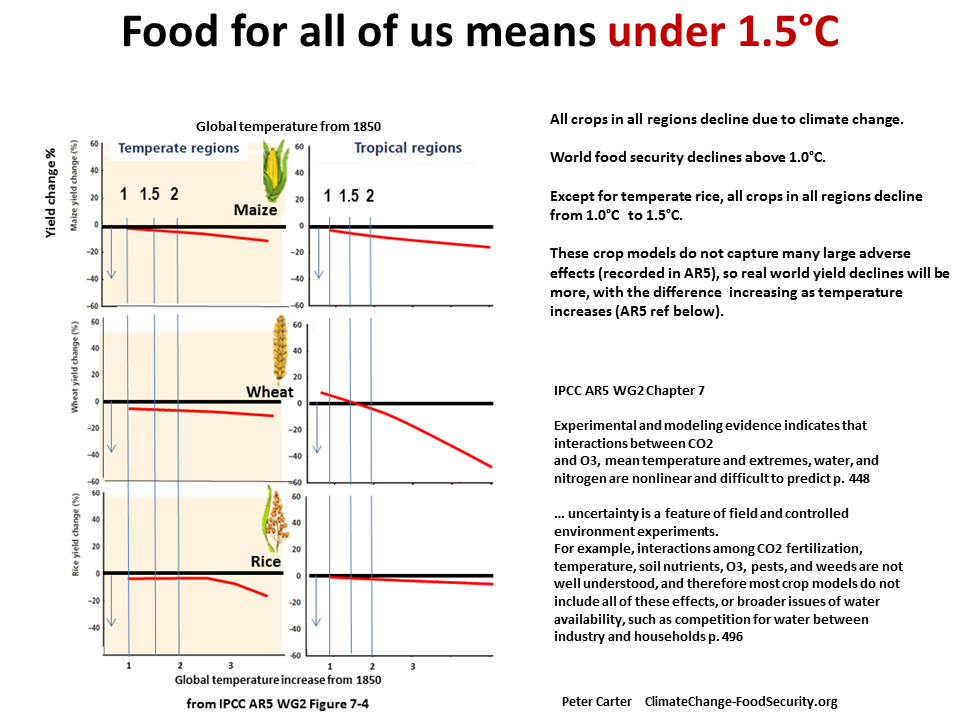Climate Change Is Already Shocking Our Food Chain Amanda Little Biology Diagrams Climate change makes feedstock for cattle, pigs, and chickens harder to grow. According to a recent study, every 1ºC increase slows growth by 7%. Much of that feedstock is corn, and climate change is driving lower corn yields. Indeed, one report forecasts a 20-40% decline in US corn belt production from 1991-2000 levels by 2046-2055. In this context, food supply chain disruptions can refer to any significant failure in the flow of food products from production to consumption [78], representing highly complex risks that can affect the operation and infrastructure of food systems.Supply chain disruption and uncertainty risks are growing, and modern Food Supply Chains (FSC) are among the most vulnerable to such threats [11].

Climate change is adding to COVID-19 pandemic and the Russia-Ukraine war in pushing up food prices and altering supply chains. Supply chain disruptions caused by COVID-19 are also partly As climate change has intensified, extreme weather events, shifting temperatures and unpredictable rainfall have disrupted global food supply chains, threatening the stability of everything from staple crops to the cans on supermarket shelves. In the years to come, the effects of climate change on

The Economic Impact of Climate Change on Food Biology Diagrams
From Farm to Table: The Economic Impact of Climate Change on the Food Chain. by Gauri Sharma Global Commons Dec 16th 2024 6 mins. These disruptions can lead to substantial delays in the delivery of perishable goods, such as fresh produce, which must be transported quickly to maintain quality. Even a few hours of delay can result in spoilage In addition, climate change also disrupts the food chain feeding millions. The climate change-induced floods in Pakistan have damaged several crops, including rice. Pakistan is the world's fourth largest rice exporter. Other disruptions linked to the food chain globally include political instability and financial crises. Amid the financial Global warming poses threat to food chains Date: March 1, 2021 Source: University of Exeter Summary: Rising temperatures could reduce the efficiency of food chains and threaten the survival of

Climate change threatens food production at large. Agri-commodities are produced and traded on a massive scale, though production is concentrated in key geographies. Extreme weather during critical periods of the growing season causes far-reaching disruptions and climate change increases the frequency and severity of extreme weather events.
